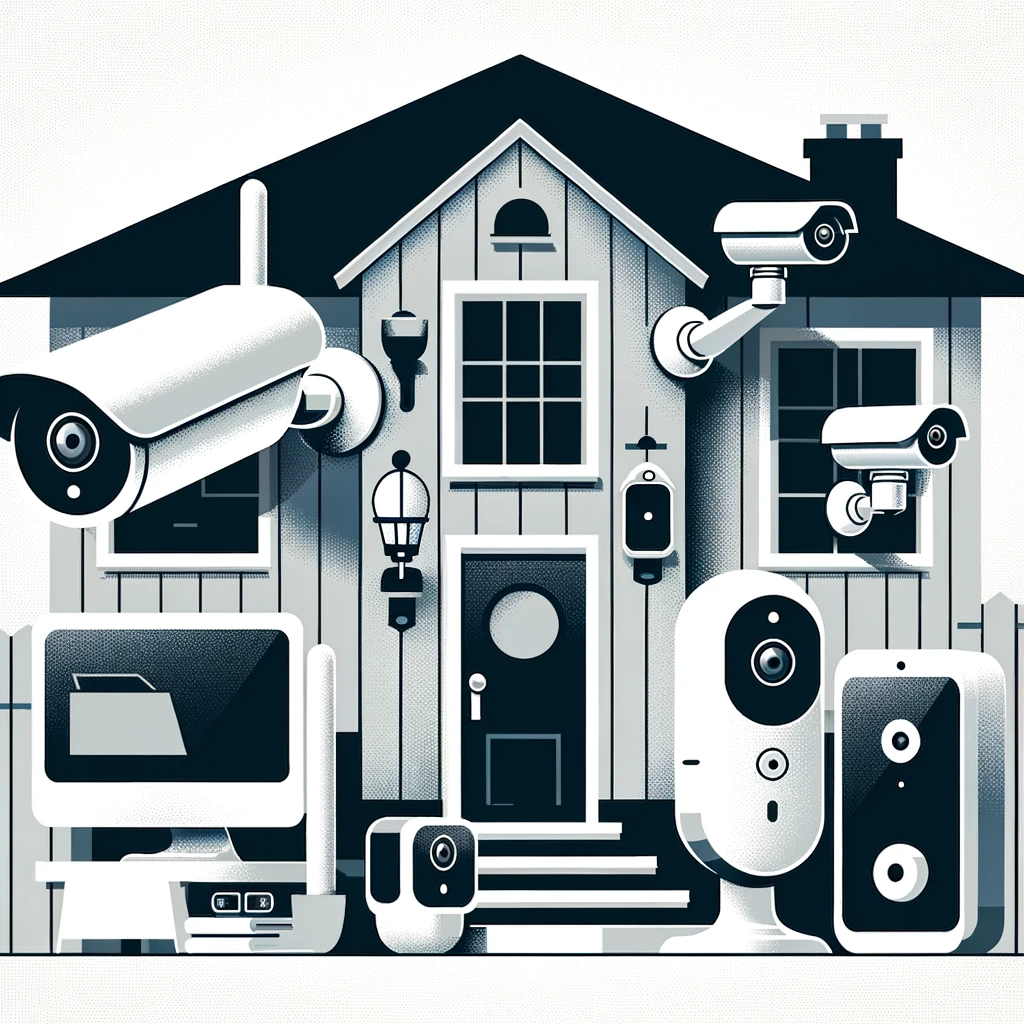Habits of Highly Organized People That You Should Adopt Right Now!


The Importance of Being Highly Organized
Being highly organized is not just a trait possessed by a select few; it is a skill that anyone can develop. By cultivating good habits and techniques, you can increase productivity, reduce stress, and improve time management in your personal and professional life.
Increased Productivity
Highly organized individuals have a clear and structured approach to their tasks and goals. They create efficient systems and processes that enable them to work smarter, not harder. By prioritizing tasks, setting achievable goals, and breaking them down into smaller, manageable steps, you can stay focused and make progress consistently. With a well-organized plan in place, distractions are minimized, and you can spend more time on important tasks, leading to increased productivity.
Reduced Stress and Overwhelm
One of the biggest benefits of being highly organized is the reduction in stress and overwhelm. When everything is in order and easily accessible, you don't waste time searching for things or feeling overwhelmed by a chaotic environment. A clutter-free workspace and an organized schedule can create a sense of calm and control. You can approach each day with confidence, knowing that you have a clear plan and the necessary resources at hand. By staying on top of deadlines and commitments, you can avoid last-minute rushes and the anxiety that comes with them.
Improved Time Management
Time management is a critical skill in today's fast-paced world. Highly organized people understand the value of time and make conscious efforts to utilize it effectively. By setting priorities, creating schedules, and using tools like to-do lists and calendars, you can optimize your time and accomplish more in less time. With proper time management, you can allocate time for important tasks, personal activities, and relaxation, ensuring a healthy work-life balance.
Here are some habits of highly organized people that you can adopt:
-
Plan and Prioritize: Start each day by creating a to-do list and identifying the most important tasks. Focus on completing those tasks first before moving on to less critical ones.
-
Declutter Regularly: Set aside time each week to declutter your physical and digital spaces. Get rid of items you no longer need and organize your belongings in a way that makes them easily accessible.
-
Use Technology: Embrace digital tools like calendar apps, task management apps, and note-taking apps to stay organized and streamline your workflows. These tools can help you track deadlines, set reminders, and collaborate with others.
-
Break Down Goals: Instead of tackling big projects all at once, break them down into smaller, more manageable tasks. This approach makes them less overwhelming and allows you to make progress consistently.
-
Set Deadlines: Assign deadlines to tasks and hold yourself accountable for meeting them. This practice helps you stay focused, avoid procrastination, and complete tasks in a timely manner.
By incorporating these habits into your daily routine, you can develop a more organized and efficient approach to work and life. Remember, being highly organized is a journey, not an endpoint. With practice and perseverance, you can reap the many benefits that come with embracing organization. So start today and enjoy the rewards of a more productive and balanced life.

Essential Habits of Highly Organized People
Prioritize and Set Goals
-
Create a To-Do List: Start your day by creating a to-do list. Writing down tasks helps you stay organized and ensures that you don't forget anything important.
-
Set Clear Deadlines: Assigning deadlines to your tasks helps you stay focused and motivated. It also helps you prioritize your tasks and manage your time effectively.
Establish Effective Systems
-
Use a Calendar or Planner: Keep track of your appointments, meetings, and deadlines using a calendar or planner. This will help you plan your days and weeks more efficiently.
-
Maintain a Clean and Clutter-Free Workspace: A clutter-free workspace promotes focus and productivity. Keep your desk organized and free from unnecessary items.
Practice Time Blocking
-
Allocate Time for Specific Tasks: Block out specific periods of time for different tasks or activities. This helps you stay focused and prevents multitasking.
-
Minimize Distractions: Create an environment that minimizes distractions. Put your phone on silent, close unnecessary browser tabs, and create a quiet workspace to enhance your concentration.
Adopt the One-Touch Rule
-
Address Incoming Information Immediately: Handle emails, messages, and documents as they come in. Respond, delegate, or file them away promptly to avoid accumulating a backlog.
-
Get Rid of Unnecessary Items: Regularly declutter your physical and digital spaces. Remove items that serve no purpose or are no longer relevant to keep your environment organized.
Regularly Review and Assess Progress
-
Reflect on Accomplishments: Take time to celebrate your successes and acknowledge your accomplishments. This helps you stay motivated and gives you a sense of satisfaction.
-
Identify Areas for Improvement: Assess your performance regularly and identify areas where you can improve. This allows you to make adjustments and continue developing your organizational skills.
By incorporating these habits into your daily routine, you can become a highly organized individual. Remember, organization is a skill that can be developed with practice and consistency.

Benefits of Being Highly Organized
Being highly organized can have a significant positive impact on various aspects of your life. From increased efficiency and effectiveness to enhanced decision-making, developing good organizational habits can greatly benefit you.
Increased Efficiency and Effectiveness
When you are highly organized, you are better equipped to manage your time and resources efficiently. Here are some ways being highly organized can increase your efficiency and effectiveness:
-
Minimize Time Wasted: By having a systematic approach to tasks and keeping your workspace organized, you can avoid spending unnecessary time searching for things, which in turn allows you to focus on what truly matters.
-
Improved Productivity: When everything is in order and easily accessible, you can streamline your workflow and tackle tasks more efficiently. This helps you complete work faster and achieve your goals more effectively.
-
Reduced Stress: Cluttered environments and disorganized schedules can increase stress levels. By maintaining a high level of organizational skills, you can create calm and harmony in your surroundings, resulting in a more peaceful mindset.
Enhanced Decision-Making
Highly organized individuals also tend to make better decisions. Here's how good organizational habits can enhance your decision-making skills:
-
Clear Priorities: When you are organized, you have a clear understanding of your goals and priorities. This clarity enables you to make informed decisions that align with your objectives, saving you time and energy.
-
Access to Information: Being organized means having easy access to information when you need it. This allows you to gather the necessary data, evaluate options, and make well-informed decisions based on facts and evidence.
-
Improved Problem-Solving: Organized individuals have the advantage of being able to break down complex problems into smaller, more manageable tasks. By analyzing and organizing information, you can come up with creative solutions and make effective decisions.
In summary, being highly organized can significantly improve your efficiency, effectiveness, and decision-making skills. By adopting good organizational habits, you can minimize wasted time, increase productivity, reduce stress, and make better-informed decisions. So, whether it's at work, in your personal life, or both, investing in organizational skills will undoubtedly bring you numerous benefits.



